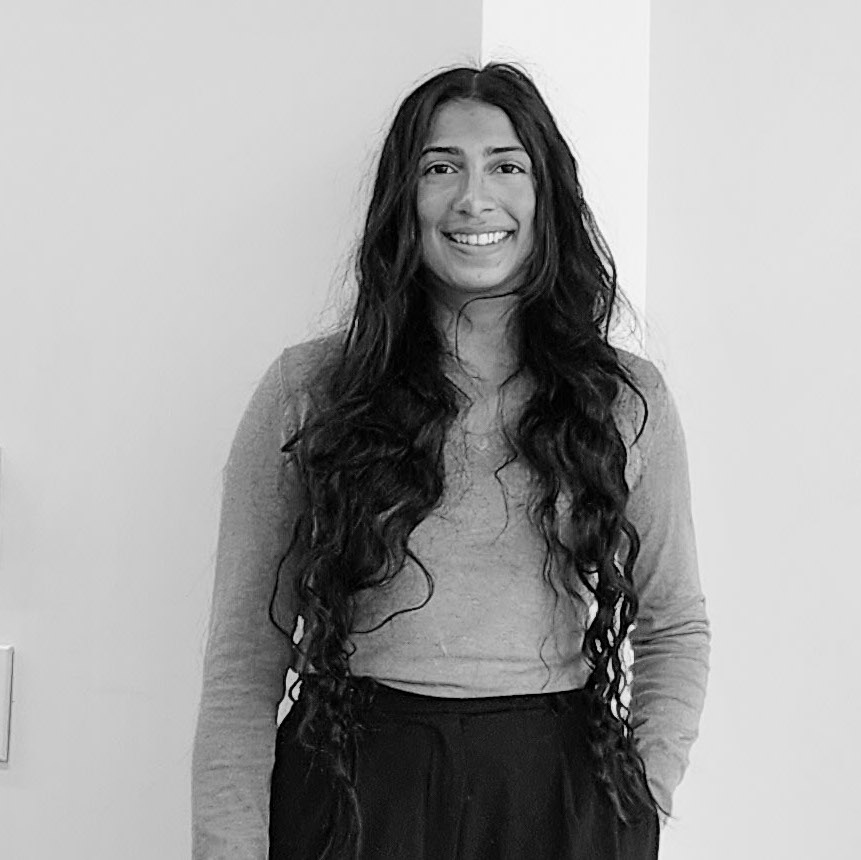
Generational poverty, food inaccessibility and now, COVID-19 are together exacerbating hidden hunger in underserved and low-income communities. This includes mothers-to-be and babies who are exceptionally vulnerable to the deficiency of essential vitamins and minerals, which global organizations including the World Health Organization call hidden hunger. According to the Food and Agriculture Organization of the United Nations (FA), 690 million people were undernourished in 2019 and this number is rising.
Taking on the nutrient gap
Bayer says it is working towards a solution through its “Nutrient Gap Initiative,” which enables accessibility to vitamins and minerals for underserved communities. The goal is to serve 50 million people by 2030 through partnerships with non-governmental organizations and a focus on intervention, education and advocacy. Bayer began this initiative by focusing on the most vulnerable groups in underserved communities who have also been impacted by COVID-19; mothers-to-be and babies. Globally, children under the age of 5 are deficient in essential vitamins and minerals and 50 percent of women and adolescent girls in low and middle income countries are also not obtaining sufficient amounts of these nutrients.
"When there is inadequate access to vitamins and minerals particularly during pregnancy it impacts the mother and it impacts the child. That means that you can have a child that is born with cognitive delays," said Daniella Foster, Bayer’s global vice president, head of public affairs, science and sustainability for consumer health. The delays caused by deficiency of micronutrients has an impact on educational outcomes, work productivity and increases the risk of diseases. These issues have lasting effects throughout adulthood and one-time doses of vitamin and mineral supplements do not suffice. From Bayer’s point of view, a more sustainable course of action that spans education and policy is needed.
A strategic approach to ending hidden hunger
During an interview with TriplePundit, Foster explained how Bayer is approaching hidden hunger with a focus on both donations and long-term partnerships. Bayer, in partnership with Vitamin Angels and its partners, launched what the company calls the Multiple Micronutrient Supplementation (MMS) intervention. This program ensures 180 days of access to essential vitamins and minerals and health education for pregnant women in underserved communities. What makes donations in this program different and effective, according to Foster, is that these are interventions coupled with engagement with local governments and policy to ensure sustained long-term changes.
With a focus on education and sustainability, The Nutrient Gap Initiative is working towards enabling mothers and children to not only receive the minerals and vitamins they lack, but also understand their importance for their health and how to acquire them.
"Nutritional education is the most neglected aspect of maternal and child health and the health system lacks the capacity to provide quality education and behavior change and behavior change counseling strategies," said Foster. She added that this lack of education needed to make effective recommendations for nutrition, contribute to global healthcare issues including hidden hunger. Some existing challenges in nutritional education are insufficient curriculum, lack of prioritization and few nutritional counseling models.
Aligning with the SDGs
As part of The Nutrient Gap Initiative, Bayer is developing an education curriculum with Vitamin Angels and partners to scale MMS, partnering with White Ribbon Alliance to help women and girls lead their own health care and creating "Every Beginning," a global awareness initiative for prenatal nutrition. This initiative is part of Bayer’s existing brand, Elevit.
The Nutrient Gap Initiative is part of the company's vision “health for all, hunger for none.” This program is part of Bayer's consumer health division’s sustainability commitment to facilitate access to health resources and support for 100 million people by 2030. The plan supports the United Nations Sustainable Development Goal 3: ensure healthy lives and promote well-being for everyone at all ages.
"We [Bayer] have a vision now and it's our vision for the future, and it’s help for all, hunger none," said Foster. "We're set on achieving that and that's really the lens through which we look at everything we do."
Image credit: Mika Baumeister/Unsplash

Rasha is a freelance journalist with experience in external communications and publicity. She is a Ryerson School of Journalism graduate and has worked on various media and communication campaigns in film, home development and the nonprofit sector. Rasha is passionate about storytelling for impact, whether she focuses on social enterprise, transforming our food system or making the business world more inclusive.














